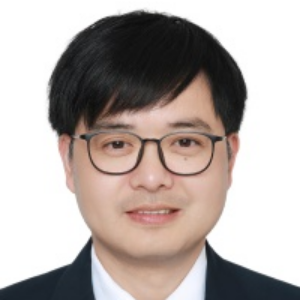Title : Improvement of the relative quantitative PCR method and its role in transcriptome data validation
Abstract:
Real-time quantitative PCR is a technique that can measure the content of the target nucleic acid sequence of interest in a given sample. It is mainly divided into absolute and relative quantitative methods. The relative quantification is mainly used in gene expressions for functional genomic and transcriptome studies. However, to use this technology accurately, there are some key points to master. First, specific primers need to be designed to ensure amplification of the gene of interest (GOI). Second, the appropriate reference gene or reference gene combination has to be selected. Finally, scientific gene expression level calculations and statistics are required to obtain accurate results. Therefore, this work proposes a workflow for relative quantitative PCR and introduces the relevant points so that beginners can better understand and use this technology.
Audience Take Away Notes:
- They can use it in researches related to gene expressions or transcriptome data validation
- It will improve the accuracy of quantitative PCR and help researchers obtain more accurate gene expression data
- It is suitable for all scientists working in gene expression research
- It allows researchers to get primers freely without designing by themselves and do not have to worry about the amplification efficiency of primers, which can greatly improve the efficiency of quantitative PCR



